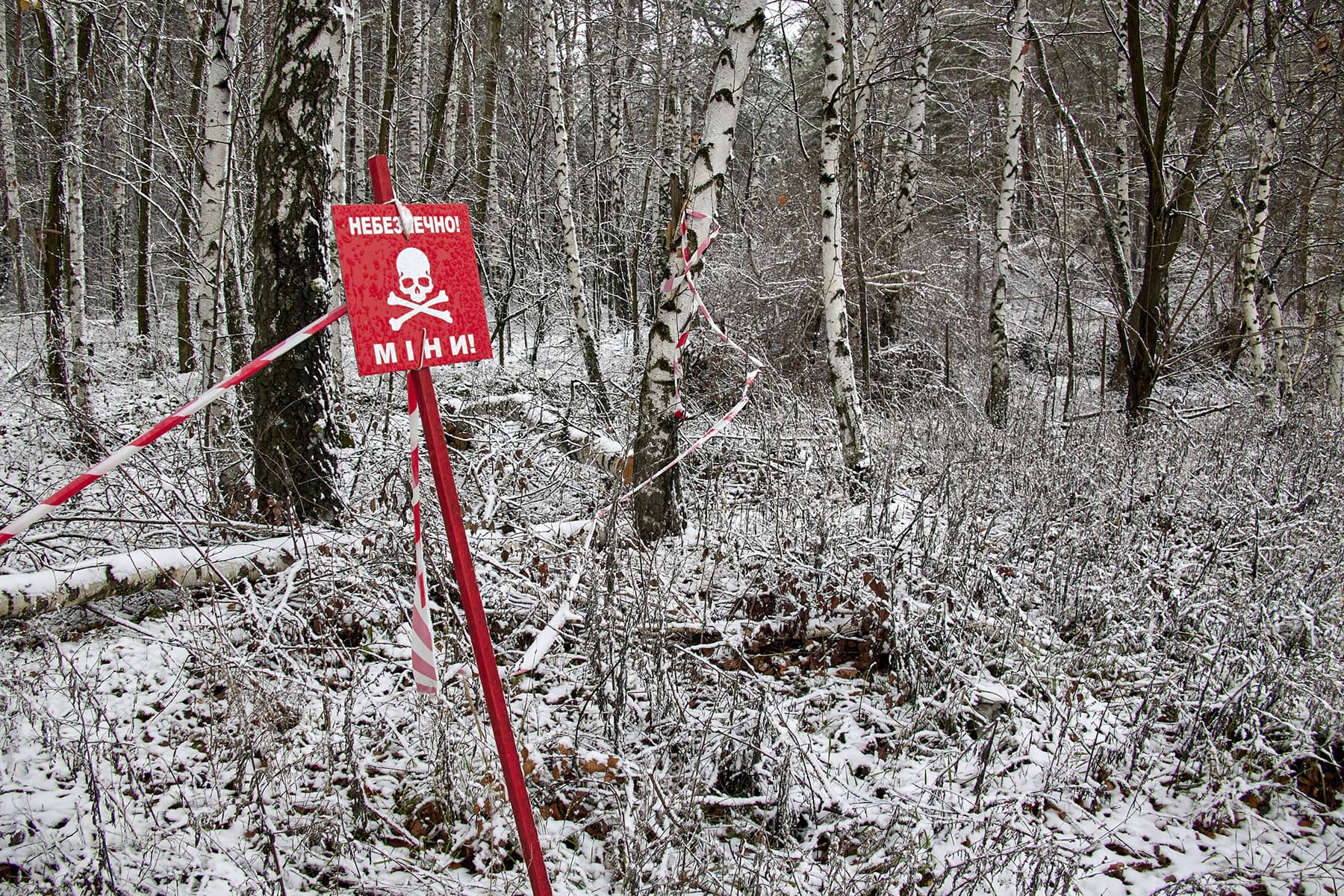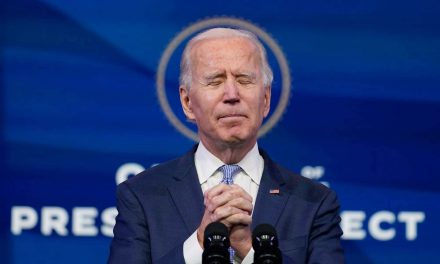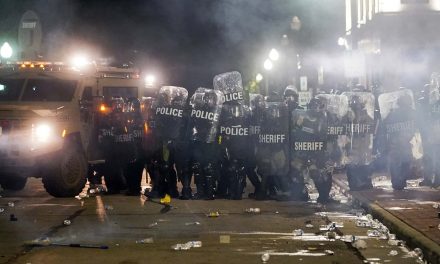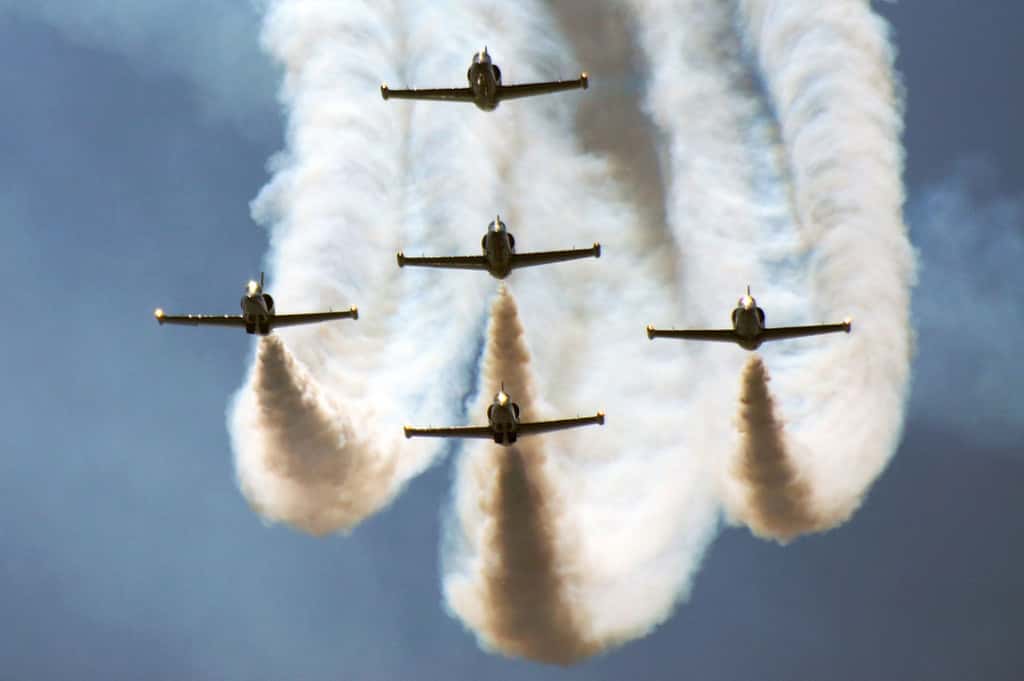
By Jonathan Este, Associate Editor, International Affairs Editor
Large areas of Ukraine, including the capital, are now without power much of the time. And still Moscow persists with its strategy of targeting Ukraine’s power supply. It’s hard to argue – as the Kremlin continues to insist – that these are military targets.
On November 23 a two-day old baby was killed when what have been reported to be Russian missiles hit a maternity ward in Zaporizhzhia. The region is home to Europe’s largest nuclear power plant and has come under particularly bombardment recently.
The plant itself has been under Russian occupation since March, but the surrounding area is bitterly contested. It is one of four regions annexed by Russia at the end of September, but significant areas have been wrested back by Ukraine’s counteroffensive.
It is, of course, a war crime to deliberately target civilians or civilian infrastructure. But power facilities are a grey area as they could be seen as legitimate military targets. And, to be fair, this has been a tactic used time and time again during wars in the 20th and 21st century.
German Zeppelins targeted electricity supplies in the first world war and the Germans also targeted the Soviet grid in a bid to regain the initiative after Stalingrad in world war two. The US has done the same in both Vietnam and, more recently, Iraq.
But the EU parliament has used Russia’s attacks on power stations, schools and hospitals to justify its decision this week to designate Russia as a state sponsor of terrorism – a distinction hitherto only afforded to Cuba, North Korea, Iran and Syria.
“The European parliament recognized Russia as a terrorist state,” the Ukrainian president Volodymyr Zelensky declared in response, adding; “And then Russia proved that all this is true by using 67 missiles against our infrastructure, our energy grid, and ordinary people.”
Scott Lucas, an expert in international security at University College Dublin, believes that the EU’s move will have few real-world consequences. Russia is already subject to a harsh regime of sanctions, which is one of the penalties that comes with the European parliament’s decision. But the move will lend weight to the arguments of western governments when it comes to continuing to provide huge packages of military and humanitarian aid to Ukraine in the face of a cost-of-living crisis biting pretty much everywhere.
Russia’s bombardment of Ukrainian infrastructure appears to have become Moscow’s default strategy in the face of significant military setbacks over the past two months or so. We recently reported that Ukraine had reoccupied the city of Kherson, important both strategically and in terms of morale. It’s the capital of one of four regions annexed by Russia in September.
Military strategist, Frank Ledwidge of the University of Portsmouth, says the victory in Kherson opens the way up for an eventual advance on Crimea, which – he writes – is seen by both sides as Russia’s “centre of gravity,” the key to the war.
This will be a far cry from Kyiv’s counteroffensives so far. As Ledwidge noted, unlike the rest of the occupied territories in Ukraine, most Russians agree that Crimea – with its majority Russian population – is legitimately a Russian territory. It has also, over several centuries and various conflicts including the second world war, proved a hard nut to crack.
Wartime economies
One aspect of the war we have not focused on specifically up to now has been how Ukraine’s economy has held up after nine months of conflict. Like pretty much everywhere else, Ukraine found the COVID-19 pandemic very challenging, but bounced back strongly in 2021 recording GDP growth of 3.2%. But the war has dropped the economy off a cliff.
Ukrainian scholar, Dmitriy Sergeyev – a professor of economics at Bocconi University in Milan – highlighted the way the war has affected some sectors more than others. Some industries are relatively easy to relocate.
For example, Ukraine’s burgeoning IT sector has endured relatively well, but steel production and other heavy industry have taken an enormous hit. For Ukraine’s massively important agricultural sector, the decision to renew the grain deal will bring in welcome export revenues, which may even be enough to plant for the next season.
The outlook for the Russian economy, meanwhile, bodes poorly for Vladimir Putin’s ability to fund Russia’s war in Ukraine. Mobilization, sanctions, and falling energy prices are hurting Russia badly. But a bumper harvest has allowed Russia to export huge amounts of grain, while the replacement of western companies – which pulled out of Russia after the start of the war – with new Russian enterprises.
Sеrgеy Kоzlоv
Originally published on The Conversation as Ukraine recap: targeting power supply earns Russia new title of ‘state sponsor of terror’ as winter begins to bite
Support evidence-based journalism with a tax-deductible donation today, make a contribution to The Conversation.














